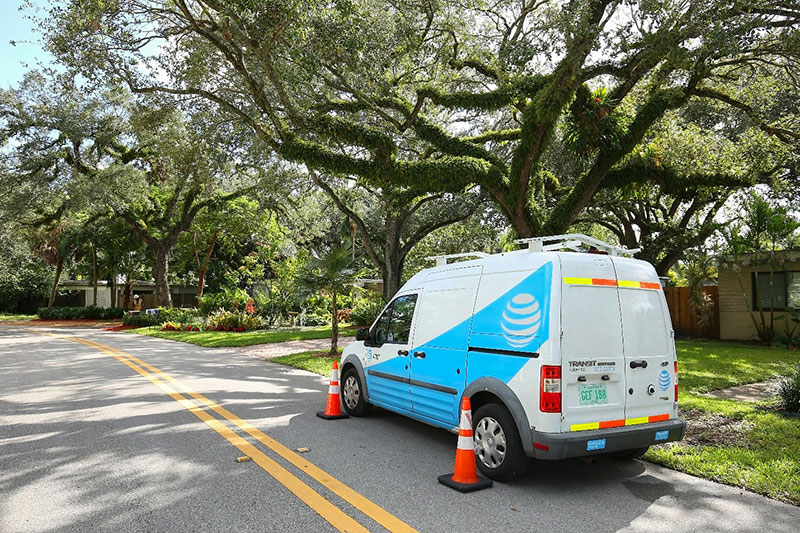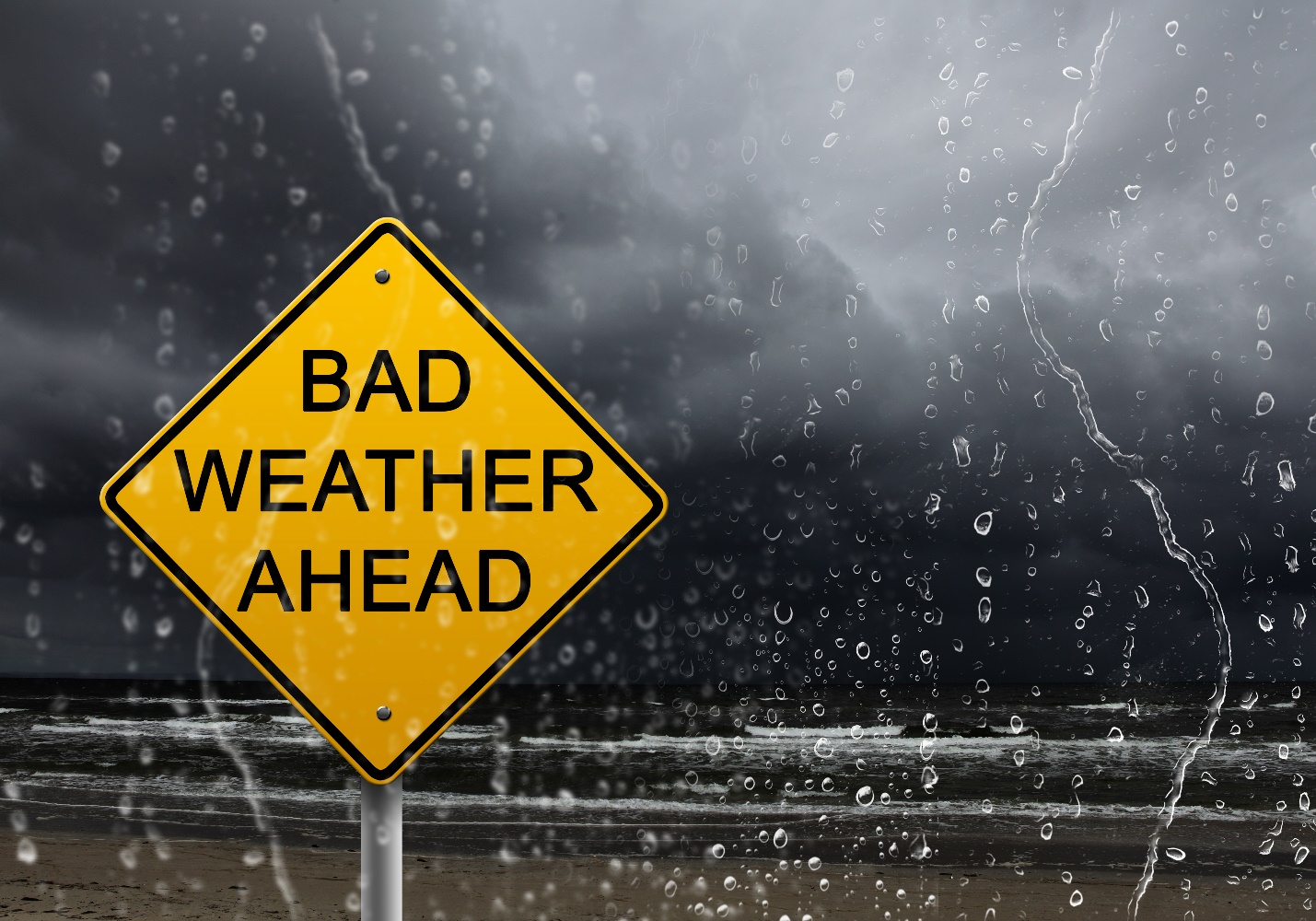What Causes Fiber Internet Outages?

What Causes Fiber Internet Outages?
Fiber internet is often the fastest internet option for homes and businesses, but it isn’t always the most reliable. As wireless connections like 4G LTE and 5G have become easier to rely on, fiber internet subscribers have actually been experiencing more internet outages than ever.
Most common factors that cause fiber internet outages:
Heavy traffic on the local network
During the coronavirus crisis, high traffic on fiber networks has caused an uptick in internet outages around the world. Often, higher local traffic is the main cause of these outages.
Because subscribers in the same areas share a local fiber hub, you and your neighbors could cause an outage if you all use the connection at the same time. High network traffic usually causes temporary disruptions, like short outages that last one or two minutes.
Damaged fiber optic cables
Fiber internet uses light signals to send data back and forth over a worldwide network of fiber optic cables. These cables are either suspended like telephone lines, buried underground, or submerged in bodies of water.
A downed cable either on your property, in your neighborhood, or within the larger cable network can interrupt your internet connection. There are several causes of cable damage:
- Animals, like squirrels and sharks, can chew through exposed cables.
- Extreme weather can cause water damage that leaves cables useless.
- Car accidents can bring down suspended cables.
- Construction and earthquakes can dislodge buried cables.
Failures at a Local Hub or Data Center
A local hub or data center failure that processes your online requests and sends you the right data in response can also disrupt your service. Events that can take down these important information hubs include:
- Equipment failures that render a hub useless
- Power outages or electrical surges that shut off power to a hub
- Fires that damage or destroy a hub
- Extreme weather that causes physical damage to a hub
Theft and Sabotage
While most internet outages are circumstantial or accidental, some are intentional. Denial of service (DDoS) attacks can target service providers, overwhelming their data centers with fake traffic that crashes their systems. In 2016, for example, a series of DDoS attacks on wired internet providers caused staggered internet outages across Europe and North America.
Burglars and vandals can also cut internet cables to cut off internet access to a household or neighborhood they want to target. While cutting live cables is extremely risky, burglars are sometimes willing to take the risk if it lets them bypass internet-connected security systems.
Burglars have also been known to target data centers that house expensive equipment. A data center break-in can shut down internet access to anyone who relies on that data center.
System failures
Physical damage isn’t the only thing that will reduce your fiber internet connection. Providers can accidentally introduce software bugs that cut off your internet access when reconfiguring their networks. In 2017, for example, a reconfiguration error at an upstream system provider took Comcast, Spectrum, Verizon, Cox, and RCN subscribers offline for 90 minutes.
A fixed wireless internet failover keeps you online
Fixed wireless internet is a wireless 4G LTE or 5G connection installed on a Wi-Fi router. It connects you to the internet via local cell towers – sending data over the same radio frequency bands as cell phones, but with a connection much more robust than a cell phone or mobile hotspot.
Wireless internet connections are less vulnerable to physical damage than wired connections. For this reason, many homes and businesses use fixed wireless internet as a failover internet option that keeps them online if their fiber internet connection goes down for any reason.
Fixed wireless internet is an excellent option for people looking for a reliable wireless failover and those looking for a primary internet option in places without fiber access. To discover fixed wireless internet options in your area, check coverage in your area or call us at 866-439-6630.





